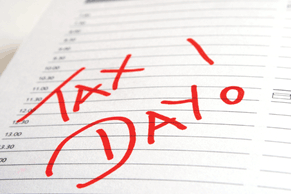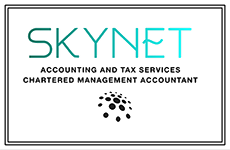More help with self-assessment tax bills
If you haven’t paid what you owe within 30 days of the filing date of your self-assessment return for that year, you’ll be charged a penalty. The good news is that HMRC has relaxed this rule for the 2019/20 tax year. What’s the full story?

HMRC has today (19 February) announced that self-assessment taxpayers won’t be charged the automatic 5% late payment penalty if they pay what they owe for 2019/20 or set up a payment plan by 1 April 2021.
Normally, a 5% late payment penalty is charged on any unpaid tax that is still outstanding on 3 March following the end of the tax year. But this year, because of the impact of the pandemic, HMRC is giving taxpayers more time to pay or set up a payment plan.
Note that HMRC will stick to the normal rule of charging interest at 2.6% per annum for all self-assessment bills not paid on time.
You can pay your tax bill or set up a monthly payment plan here. You need to do this by midnight on 1 April to prevent being charged a late payment penalty.
Related Topics
-
Simpler Recycling rules take effect
New rules on how workplaces must sort their waste and recycling have taken effect from 31 March. What are the key changes to be aware of?
-
New CGT reporting tool
Self-assessment returns aren’t set up for the change in capital gains tax (CGT) rates on the government filing system and will require a manual adjustment for 2024/25 to ensure the correct amount is paid. Why is there a problem and can a new online tool help?
-
MONTHLY FOCUS: THE ENTERPRISE INVESTMENT SCHEME QUALIFYING CONDITIONS
The enterprise investment scheme (EIS) is a generous collection of tax reliefs aimed at encouraging private investment into relatively young companies. In this Focus, we look at the qualifying conditions relating to the investor and the issuing company that must be met in order for a claim for relief to succeed.





 This website uses both its own and third-party cookies to analyze our services and navigation on our website in order to improve its contents (analytical purposes: measure visits and sources of web traffic). The legal basis is the consent of the user, except in the case of basic cookies, which are essential to navigate this website.
This website uses both its own and third-party cookies to analyze our services and navigation on our website in order to improve its contents (analytical purposes: measure visits and sources of web traffic). The legal basis is the consent of the user, except in the case of basic cookies, which are essential to navigate this website.